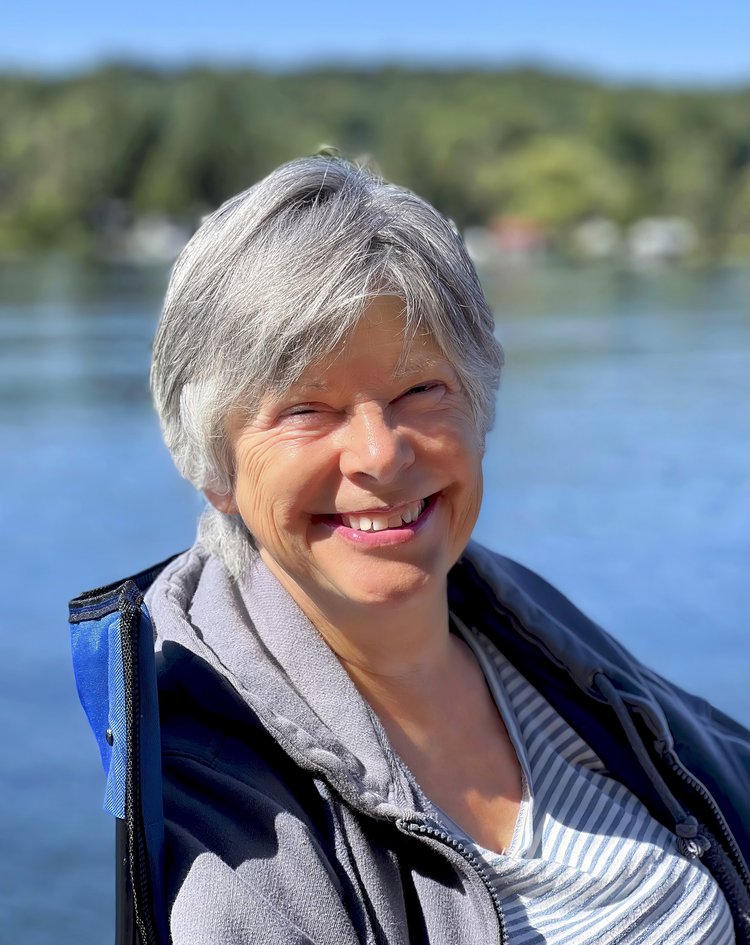 Another effort to find a cooperative vein yesterday. Two tries this time. Did you know that warming the arm makes the veins easier to find and penetrate? The trivia I’m learning.
Another effort to find a cooperative vein yesterday. Two tries this time. Did you know that warming the arm makes the veins easier to find and penetrate? The trivia I’m learning.
This was for a transfusion of one unit of red blood cells. I got to the hospital at 10:45, as requested, but the actual transfusion didn’t begin until after 1:30! They had to send a vial of blood to be typed and cross-checked for antibodies, and apparently the lab was slow that day. It was 3:50 and I’d read half The Marriage Plot before Jerry picked me up.
I’m supposed to feel perkier by this afternoon. I’m exhausted this morning. I think yesterday made me tireder than I thought. The waiting, the searching for a good vein—and on top of it all, my dear brother-in-law was having one of the most complicated and serious surgeries there is, at the University of Michigan Hospital in Ann Arbor. It’s called the Whipple procedure, and is to head off incipient (or early stage) pancreatic cancer. They removed one-third of his pancreas, part of his stomach, gall bladder, duodenum, and bile duct. He’s doing well, by the way, and the tests so far haven’t shown active malignancy. Hooray for that.
Two things occur to me. One is how, since we don’t die young so much these days from the old diseases, we can grow old, and suddenly all around us is illness and the sorrow of illness, barely staved off by modern medicine. This is so true in my family the last few years that it feels almost traitorous to turn away into my own work. That really isn’t the issue, though. It’s how to be with illness. Based on my own, I’d say—and have said, forgive me for repeating—the best thing we can do for each other is to be emotionally present. Not leaning toward identification, which is smothering, and not leaning away, which is escaping. Just being there.
It may be possible to avoid burnout that way. Although if we care, there’s bound to be a point where we just want to get the heck out of there and live our own lives. What can we do but recognize that? We’re human.
The other thing is the writing. I’ve written a few poems that concern themselves with my sister’s surgery for a brain tumor, her stroke afterward, and the long, slow recovery which has not at all been a full recovery. There’s a necessary objectification in this that feels like betrayal. How can one dip into someone else’s deeply personal and indescribable suffering and bring it to words?
It’s not any different, is it, from writing deep into anything we don’t know? What DO we really know? But in this case, we’re carrying our imagination down into someone else’s territory. Which as writers, we can’t help doing. HOW we do this, I’d say, is what matters. We don’t want to usurp the pain for ourselves. There’s a respect we need for this: possibly the subjunctive, possibly a third-person removal, possibly a disavowal in the work, of our ability to really know. It may require the same emotional “not leaning” I mention above.
What would that leaning look like? Emotional identification would look like “me,” overlaying myself on “you.” My students have given me some of the most amazing “interpretations” of poems that have nothing to do with the poem. It’s all about what’s going on in their heads. Reverse that as a writer and that’s what I’m calling identification. Not seeing what’s actually there. Happens a lot in some successful writing, but maybe not in humane and accurate treatment of those we care about.
Leaning back too far, escaping, is easy to spot. You can feel the cleverness of the metaphor taking over, the way the writing is all about the writing. For whatever reason, it doesn’t want to see the pain, really. It wants to play with it.
 I’m leaving in a few minutes to record the next pieces for Interlochen Public Radio’s show, “Michigan Writers on the Air.” I’ll be talking about Sharon Olds’ Stag’s Leap, that won the Pulitzer this year. It’s her best book, in my opinion. Olds, who's 70, by the way, writes into the pain of divorce after 32 years of what she thought was a happy marriage. Her metaphors seem to arise naturally. There’s little self-conscious playing with her own grief, and there’s no sense of trying to escape it, either. That’s what I mean.
I’m leaving in a few minutes to record the next pieces for Interlochen Public Radio’s show, “Michigan Writers on the Air.” I’ll be talking about Sharon Olds’ Stag’s Leap, that won the Pulitzer this year. It’s her best book, in my opinion. Olds, who's 70, by the way, writes into the pain of divorce after 32 years of what she thought was a happy marriage. Her metaphors seem to arise naturally. There’s little self-conscious playing with her own grief, and there’s no sense of trying to escape it, either. That’s what I mean.
P.S. Sydney Lea's and my book, Growing Old in Poetry: Two Poets, Two Lives, (Autumn House Press) seems to be selling well. I hope you'll get a copy if you have a Kindle or IPad. Order from Amazon, $9.99. I think you'll like this book if you're old, if you're a writer, if you're young and want to be a writer, or if you're breathing. But that's just my opinion.
